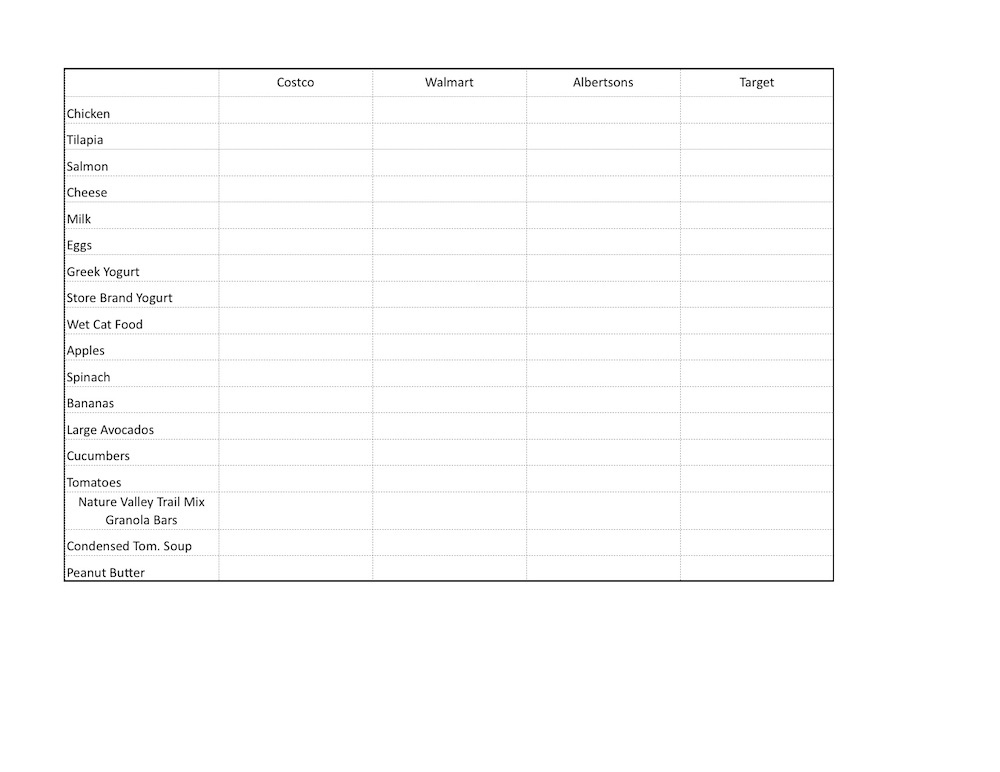Nearly everyone has price comparison shopped before. When purchasing a car, or furniture, or some other larger item, most people get out there and will find who offers the best deals. Usually the more expensive an item, the more time and energy a person puts into finding where they can save the most money. For regular everyday purchases, however, most people do not take the time to figure out which store offers the best deals. Instead we opt for wherever is the most convenient, and often end up spending way more money than necessary.
Shopping around does not make much sense when running all over the place might save a few dollars here and there. But the reason to go comparison shopping is not just one of saving money; it is also to develop better shopping habits. Much of the time when people shop they do so without a shopping list. They know vaguely what they are looking for, and then just start to grab things off the shelf that look appealing at the time. In the end, they spend way more money than they need to. And they often buy a lot of junk food with little nutritional value.
Instead, I made a shopping list of all the food items I buy on a regular basis. Then I made columns for each of the stores I shop at (in my case it is Costco, Albertsons, Walmart, and Target). Sectioning them off I marked down the prices for the items the next time I was at the store (whether I needed the item or not). After I got home, I circled the area that has the best deals. I made sure to ignore sale prices, since they are not regular, and to compare like brands (store brand to store brand). In the end I found that many of the foods I thought I was getting a good deal on, I was grossly over spending, and others were pretty much the same regardless of where I purchased them. This analysis does not take into account food quality. For example Tilapia at Costco is nearly twice as much as at Walmart, however, the quality might be better at Costco.

The comparison shopping list does take a little time to set up. But if you go to these stores anyways, there is no sense in not spending an extra 20 minutes writing down prices. In the end you will find that knowing the prices and knowing you are getting the best deal are comforting.
Most people will find that buying in bulk is the best way to go. Costco has the cheapest prices on many of the goods, however you have to buy larger quantities (2.5 pounds of spinach costs about half as much as other stores when calculated per pound). So if you do not have a way to store it, such as a deep freezer or a pantry, it is better to spend a little extra. Nothing will deplete your money faster than if you buy in bulk, then throw away half of it because it spoiled.

I like this spreadsheet idea. I just try to keep mental note of prices and buy stuff on special. It would be so much better to get organized about it though. Just by writing the prices all down you become that much more aware of what things actually cost. It’s like studying in school when you are required to take notes.
I LOVE Costco! I couldn’t be happier. I usually hate shopping because it is stressful, but costco is a different story. We usually spend a lot of money at costco, but only go about 1x per month. I think it’s well worth buying in bulk as long as you use/eat all the food.